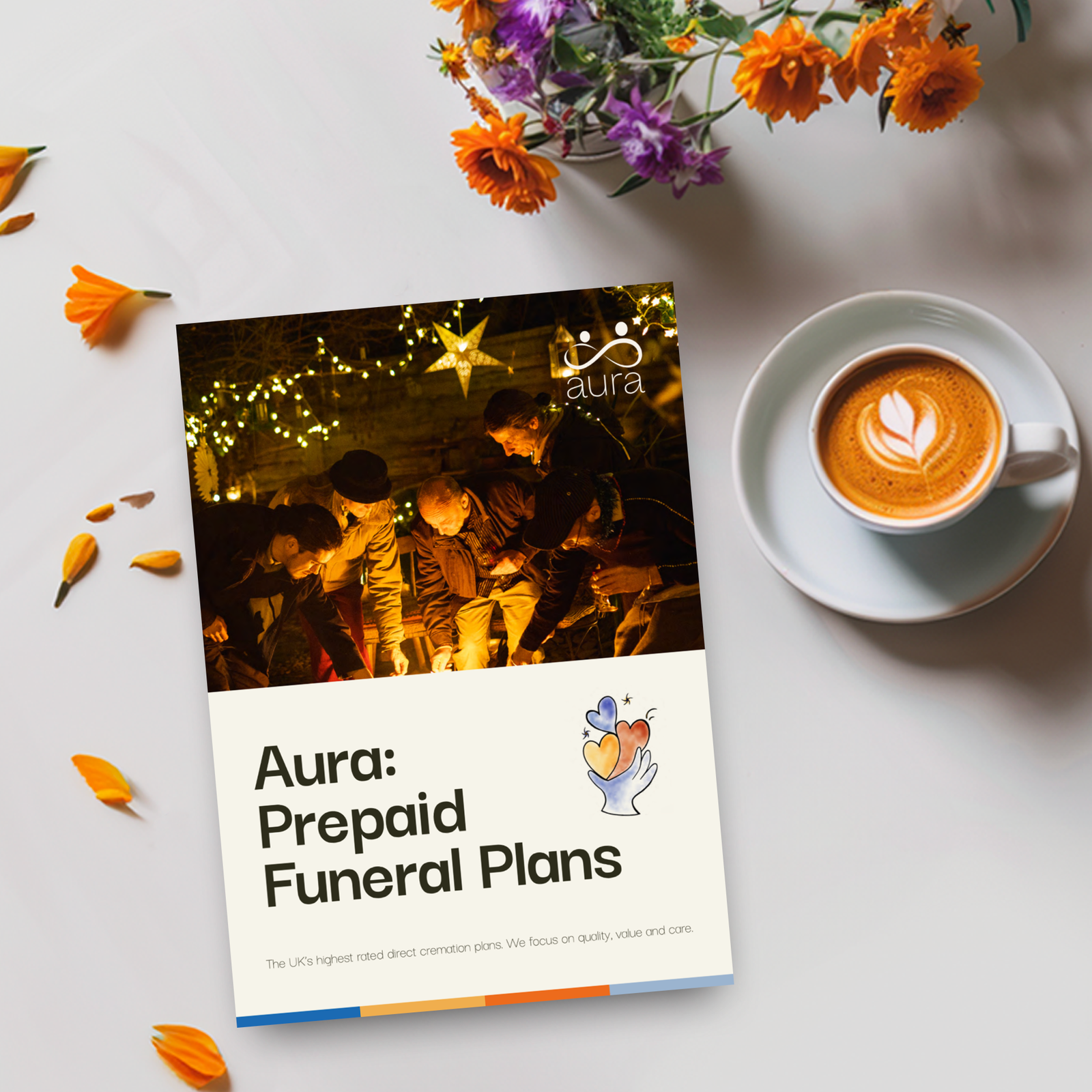


Written by Emily Cross.
11 minute read
The introduction of the opt-out system for organ donation in the UK, established under the Organ Donation (Deemed Consent) Act, has opened up important discussions about balancing personal choice with the collective need for organ availability. Under this system, people are presumed to consent to organ donation unless they actively choose to opt out.
While the policy is designed to save lives by increasing the number of organs available for transplantation, it recognises that some people may prefer to opt out due to personal, religious, or other deeply held beliefs. In this guide, we’ll explore the opt-out system, how to navigate it, and reasons why you may choose to.
Key takeaways:
The UK’s opt-out organ donation system presumes consent unless you actively register to opt out.
Families are still consulted before donation, so communicating your wishes is vital.
Personal, cultural, or religious beliefs are respected, and you can change your decision anytime.
Prepaid funeral plans can ease logistical and emotional pressures alongside organ donation decisions.
Aura supports families with flexible, compassionate funeral plans that work with organ donation arrangements.

Organ donation involves donating organs and tissues after death to save or improve lives. In the UK, a shift to an opt-out system means that unless a person has registered a decision not to donate, they are considered a potential donor.
However, if someone has not registered their decision, they will not automatically be added to the queue for organ or tissue donation. In such cases, when a person dies without a recorded decision, their family is always consulted for permission before any donation takes place. While the family has the right to decline, it is always advisable to clearly express your wishes regarding organ donation as part of end-of-life planning or to have open conversations about it with your loved ones.
The UK’s organ donation system has evolved significantly over the years to address the growing demand for life-saving transplants.
Today, the UK operates a deemed consent system across England, Wales, and Scotland, with Northern Ireland still using an opt-in system as of now. The NHS Organ Donor Register remains active, allowing individuals to explicitly record their decision to opt in or out.
Introduced under the Organ Donation (Deemed Consent) Act, this system is designed to increase the number of available organs for transplantation. It applies to adults across England, Wales, and Scotland, with some differences in regional policies.
Adults who wish to opt out must actively register their decision to ensure their preferences are respected. It’s important to note that certain groups, such as children under 18, people who have lived in the UK for less than 12 months, and those who lack the capacity to make informed decisions, are excluded from the opt-out system.
This safeguard protects vulnerable people or those unfamiliar with the system, making sure they are not automatically included.
The opt-out system was established to address the urgent need for organs in the UK. By increasing the pool of potential donors, the system aims to save more lives. Public education campaigns have played a crucial role in raising awareness about this change, with the aim to make sure people are informed about their options.
While many support organ donation, some may choose to opt out based on personal beliefs or misunderstandings about the process.
Concerns about how organs are used or uncertainty about the donation process may lead some to opt out. Seeking accurate information from reliable sources and discussing the topic with healthcare professionals can help address these fears and support an informed decision.
Choosing to opt out of organ donation is a straightforward process, but it requires careful consideration and communication with loved ones.
To opt out, follow these steps:
Opting out does not affect your medical care, and you can update your decision at any time.
It’s a good idea to discuss your choice with your family or those appointed to handle details after your death. At the time of death, the appointed person or people are consulted about donation wishes, so making certain they understand your decision helps avoid confusion. This is why planning your own funeral, writing a will, or putting a funeral plan in place can make things clearer and gentler for those you leave behind.
Preferences about organ donation can change over time, and you can revisit your choice periodically and make updates if necessary. Opting back in is easy and can be done through the same registry.
The role of families in final decisions
While deemed consent provides a default framework, families are still consulted and have the opportunity to refuse donation. Open discussions about organ donation and updated decisions within families can clarify preferences and help ensure that the person’s wishes are honoured.
Withdrawing from the organ donation register
For those who previously registered as donors but now wish to withdraw, the process is simple:
To remove your name from the organ donation register:
Organ donation and prepaid funeral plans intersect in several areas, addressing both practical and emotional needs for the person preparing and their families. Here’s how:
Prepaid funeral plans allow you to make arrangements regarding your funeral options in advance, which can simplify logistics after organ donation. With these plans, families do not have to worry about coordinating funeral details during what can be an already challenging time.
Many who choose to donate their organs also want their plans to reflect their values as they plan their own funeral. Prepaid plans can include specific instructions, such as requests for a ceremony that acknowledges their organ donation or celebrates their life in a way that aligns with their altruistic decision.
The emotional impact of organ donation can be significant for some families. Prepaid funeral plans can help alleviate the added stress of making financial and logistical decisions during this time, giving families space to focus on their grief and the meaningful impact of their loved one’s donation.
Some organ donations involve extended timelines or specific procedures. Aura’s prepaid plans are designed to accommodate unique circumstances, ensuring that all funeral details are handled with care, including transportation and preparation. At Aura, our dedicated Aura Angels take on the responsibility of managing potentially complex arrangements with medical facilities on behalf of families. As expert funeral arrangers, they provide unparalleled support, while also offering a compassionate ear when families need it most.
Being clear about your decision regarding organ donation can offer significant personal and societal benefits.
Taking control of your organ donation status means that your preferences are sure to be respected. This clarity can reduce stress and ambiguity for your loved ones during what might be an overwhelming time.
Whether opting in or out, making an informed choice contributes to a transparent and efficient organ donation system. Your decision, no matter what it is, plays a part in supporting those in need of life-saving transplants.
The UK’s opt-out system for organ donation encourages people to think critically about their end-of-life decisions. We hope that this article about the system has been of use to you, and that you’re now more informed about your options regarding organ donation.
As a family-run company, we are committed to providing you with the kind of care and respect we would offer our own families. Our Trustpilot reviews reflect the quality of our services, and we are proud to be the UK’s highest rated all-inclusive prepaid direct cremation plan provider.
Our plans provide an affordable alternative to traditional funerals, offering peace of mind for you and those closest to you. For more information, please feel free to get in touch with our team, or download your free Aura funerals planning brochure on the link below.

If you’d like to know more about how to plan a cremation with Aura, our brochure is a helpful place to begin.
Our funeral plans are a helpful way to put everything in place for you or someone else.
When the time comes, our experienced team will be here to guide you through each step, offering support and advice whenever you need it.
To find out more about how our plans work, what’s included, and our story, you can request a brochure by clicking the link below. We will then send you a copy by email or First Class post—whichever you prefer.
Yes, you can opt back in at any time by updating your registration on the NHS Organ Donation website or contacting their support team.
No, opting out has no impact on the quality or availability of your medical care. Medical professionals prioritise treatment based on clinical needs, not organ donation status.
If you do not register a choice, deemed consent will apply unless you belong to an excluded group. It’s crucial to register to opt out if that’s what you’ve decided, and communicate your wishes to your family to avoid misunderstandings.